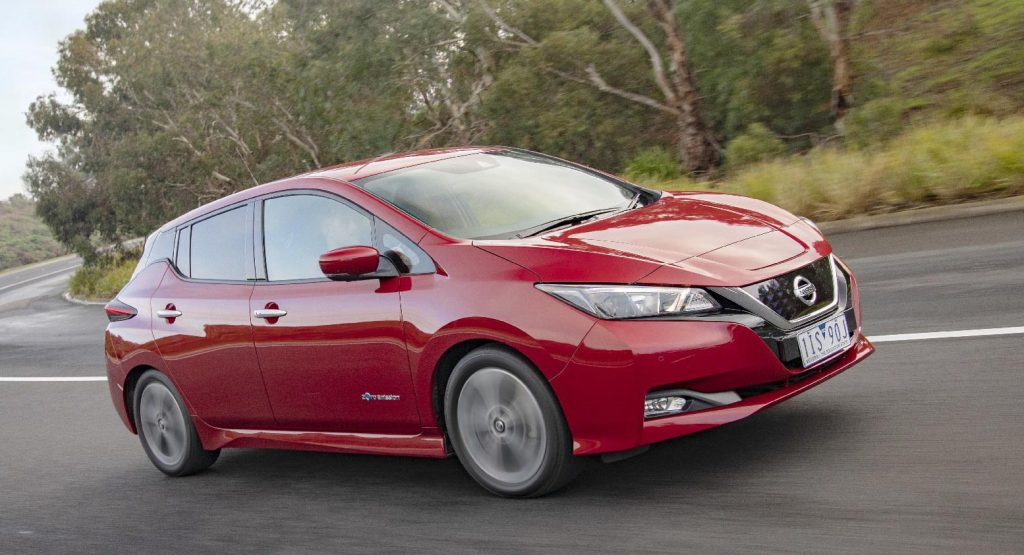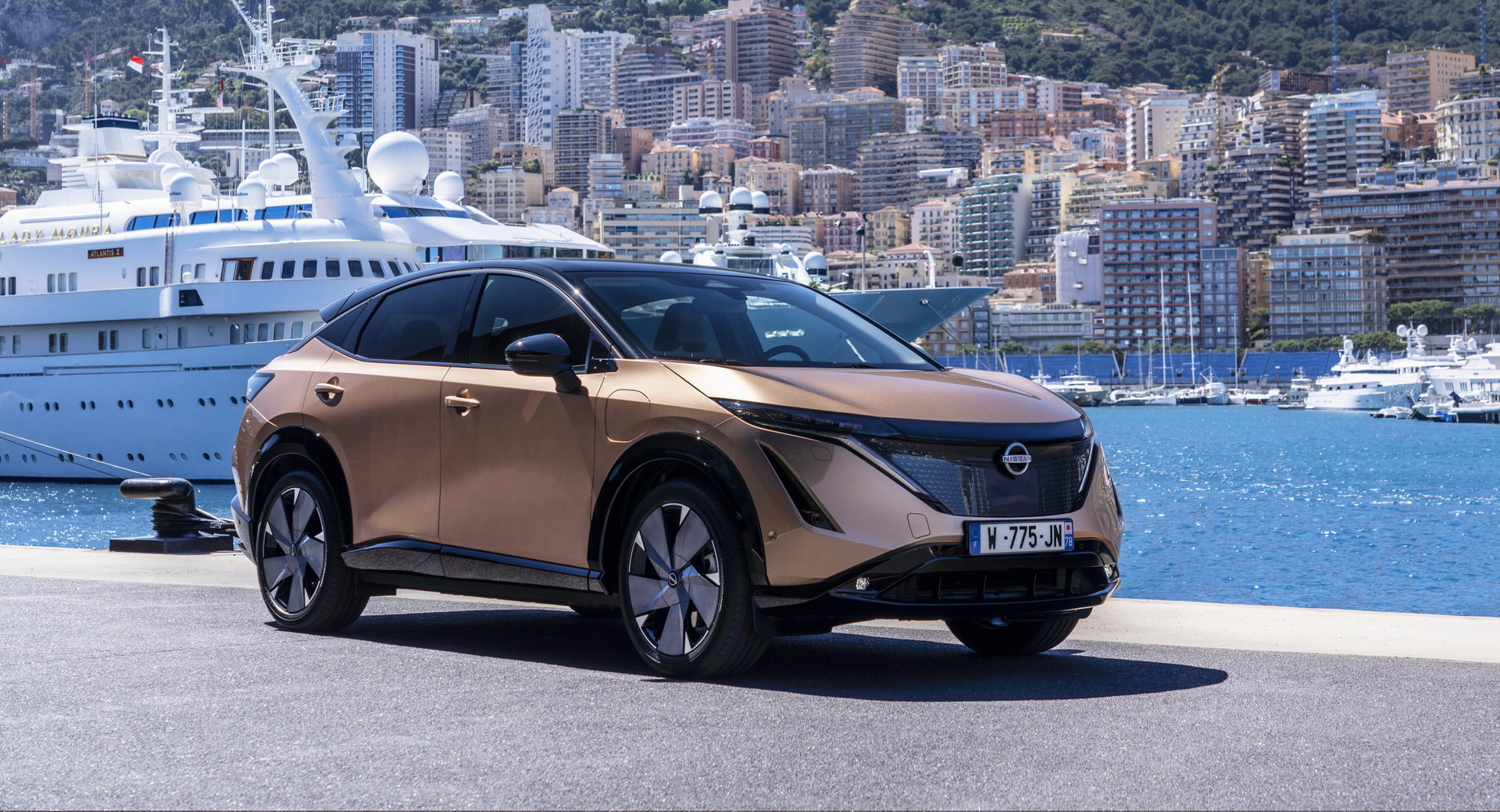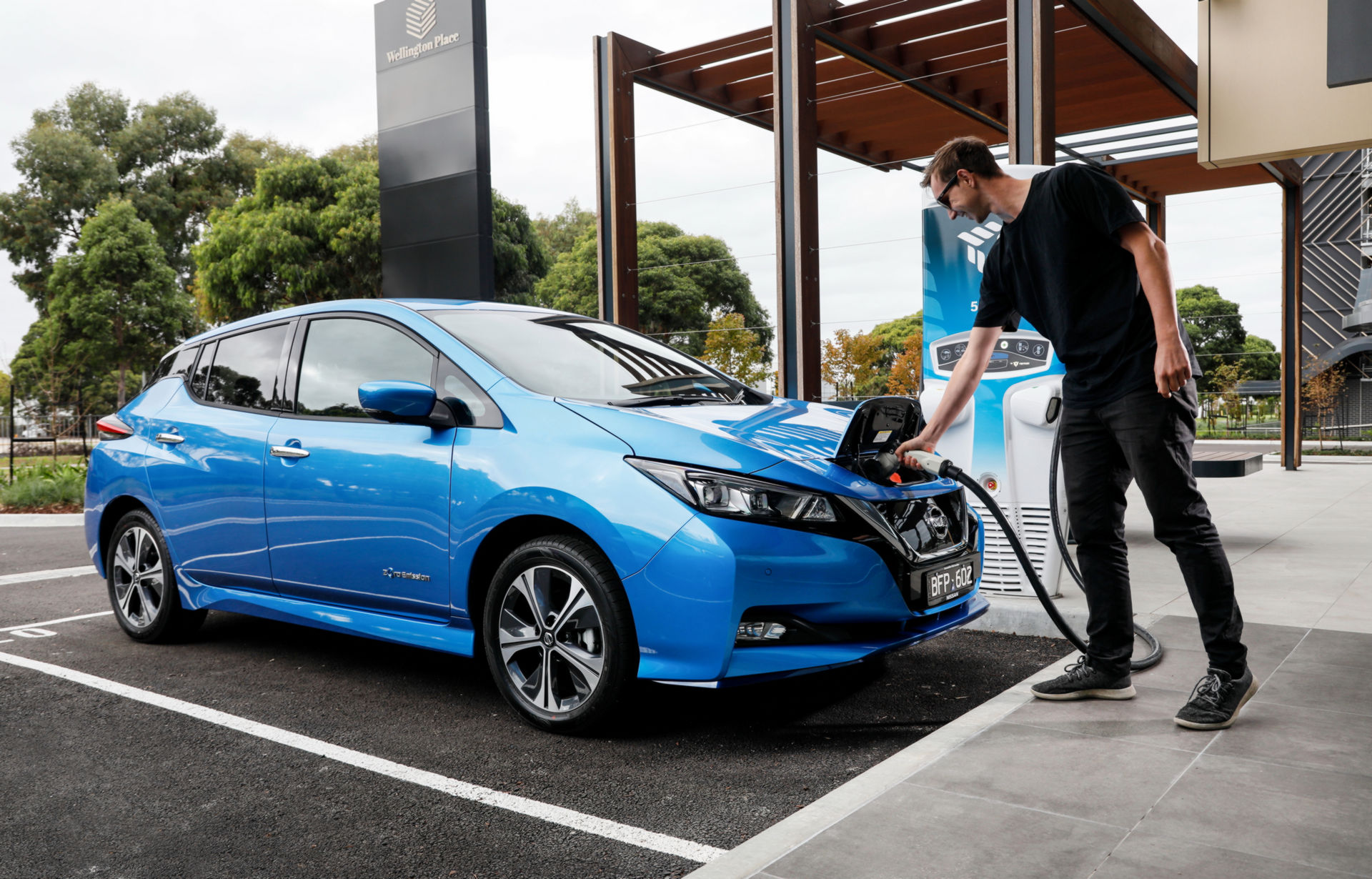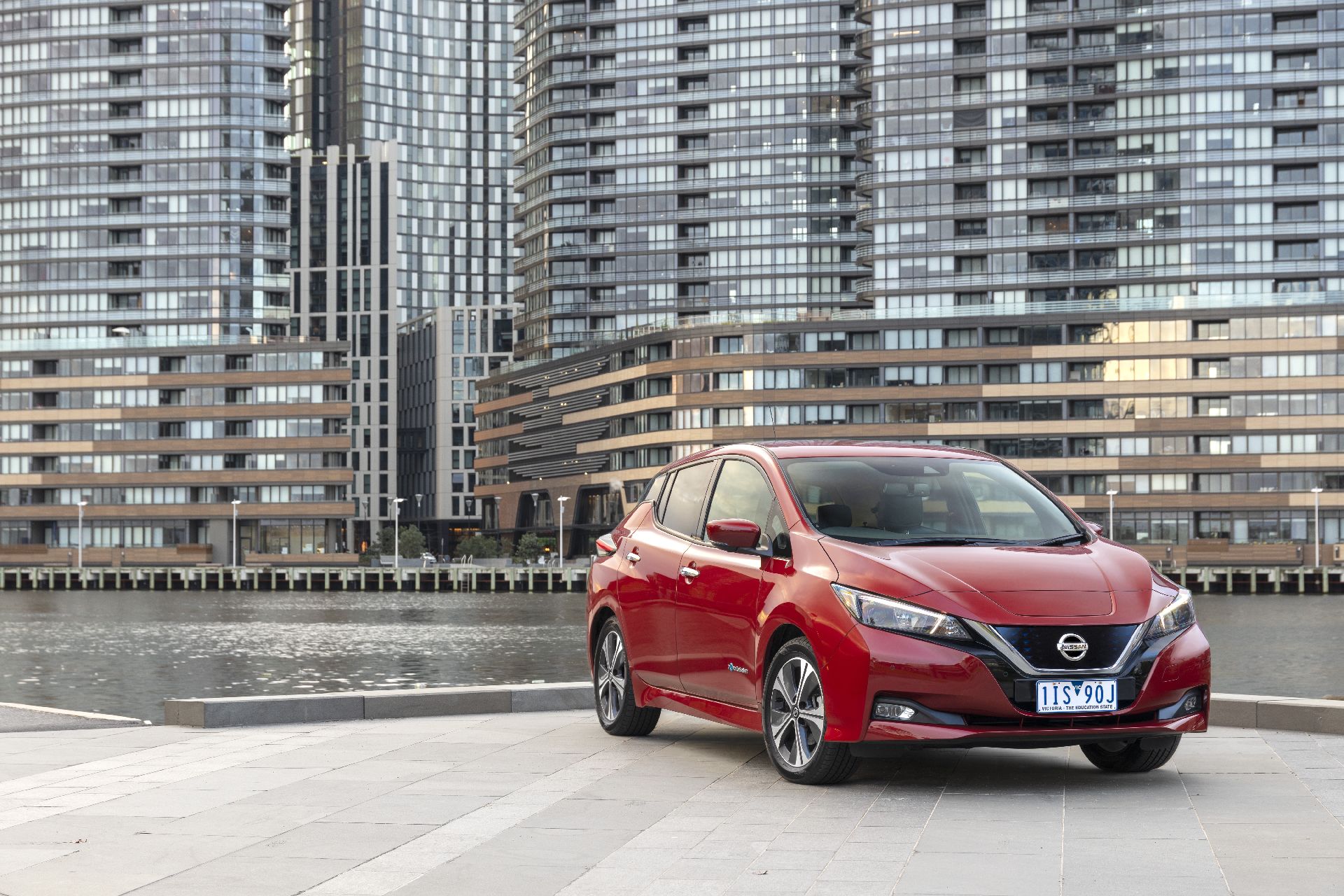Nissan claims that a lack of incentives from the Australian government has forced carmakers to reduce the country’s priority for the latest in electric vehicle tech, according to a report from ABC Australia.
This comes as the newly unveiled Nissan Ariya has yet not been confirmed for sale in Australia. The Ariya is set to be released globally in late 2021 and would make a nice addition to the automaker’s Australian lineup due to its striking design, 500 km range and all-wheel-drive system.
Nissan alleges that Australia is falling behind in the EV game. The government’s support towards EV adoption is considered comparatively low compared to that of other nations. “When you can only make so many cars, you have to prioritize where you send them,” says Nissan Australia’s national manager for electrification, Ben Warren. “Naturally the markets that have the more progressive policies and objectives and targets, are the markets that get prioritized over markets like ours.”
See: Public Premiere Of The New Nissan Ariya Saw It Lap The Monaco Circuit
EV policy expert Dr. Bjorn Sturmberg shares those sentiments: “Australia is becoming a bit of a backwater in the range of models of electric vehicles on offer. We’re not getting the latest and greatest of models here.” Dr. Sturmberg states that the government’s conflicting messages to auto manufacturers are the cause of Australia’s lack of EVs on the road. “Ultimately the opportunity for Australia does require the government… to give the guidance to industry, to give the guidance to consumers. We’re very much at a tipping point.”
There are other factors at play, too, says the report. Canberra, the capital of Australia, has 300,000 vehicles on its roads, of which only 950 are EVs. The shortage could be blamed on the higher purchase costs of electric vehicles. For example, Canberra bus driver Shane Maher purchased a Nissan Leaf — but avoided the dealership due to its price. Working through a broker, Maher purchased a near-new Leaf e+ through a Japanese car auction and had it shipped to his residence. Only offered earlier this year, the Leaf e+ starts at AU$60,490 (US$46,800). Instead, his grey market example was AU$49,000 (US$39,000).
See: You Can Buy A 2022 Nissan Leaf e+ For AU$60,490 In Australia
Maher states that the extended range model was not available at Australian dealerships at the time he purchased his car, and the increased range of his Leaf e+ has proven to be of significant cost saving. But as Nissan’s Ben Warren points out, while purchasing a grey-market car could mean major savings for consumers, it comes with added risk due to the lack of a manufacturer-supported warranty.
However, it’s not all bleak news. Canberra is leading the change, with the ACT offering incentives to consumers who want to purchase an electric vehicle by providing interest-free loans up to $15,000. It also offers stamp duty exemptions, two years of free registration and has commenced a program to build more charging stations. ACT Climate change minister Shane Rattenbury believes that the incentives would drive stronger consumer demand and ensure that carmakers would resort to this by increasing efforts to sell more EV vehicles to the Australian market.







